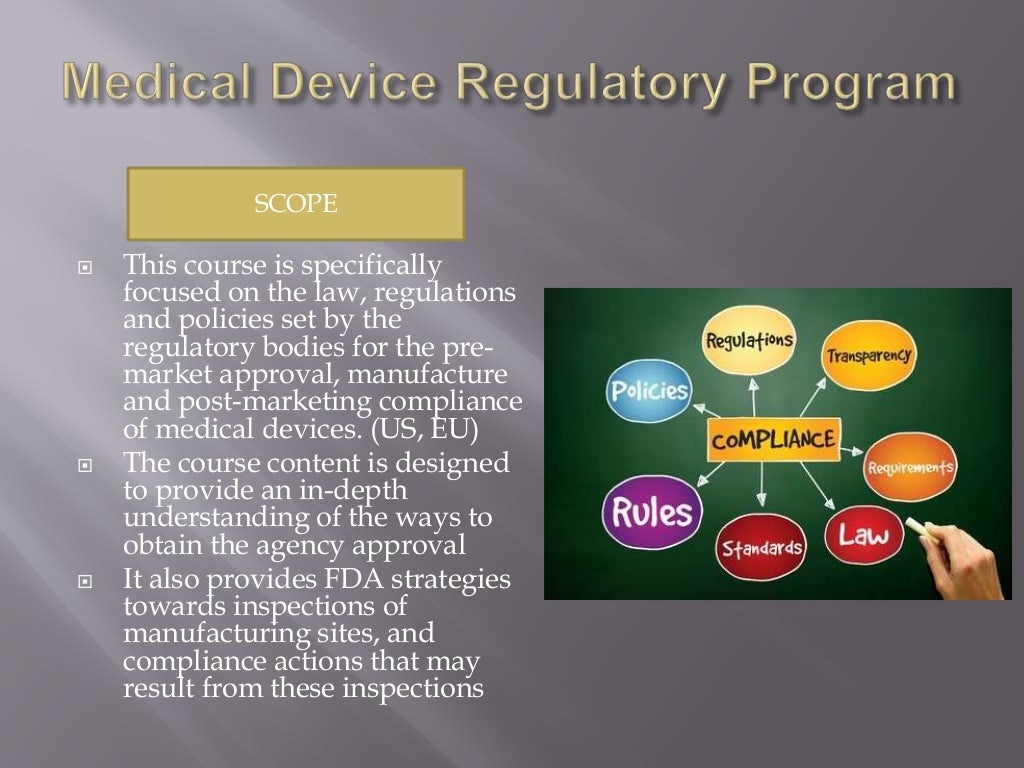The Role of Science in Regulatory Decision-Making
The Role of Science in Regulatory Decision-Making
Blog Article

In today's complex landscape of healthcare, environmental protection, and public safety, the intersection of science and regulatory decision-making plays a pivotal role in shaping policies that affect our daily lives. Regulatory affairs professionals are tasked with navigating this intricate framework, where scientific evidence and data-driven insights are essential for the formulation and implementation of regulations. Their work ensures that products ranging from pharmaceuticals to food safety meet rigorous standards before they reach consumers.
The reliance on scientific research in regulatory affairs is not merely a procedural formality; it is a fundamental aspect of ensuring public trust and safety. As new technologies and innovations emerge, regulatory bodies must adapt their guidelines based on up-to-date scientific knowledge. This ongoing relationship between science and regulation underscores the importance of evidence-based decision-making, where informed judgments lead to policies that can effectively govern the complexities of modern society.
Importance of Scientific Evidence
Scientific evidence plays a crucial role in regulatory affairs, acting as the foundational basis upon which decisions are made regarding public health and safety. Regulators rely on robust data to evaluate the efficacy and safety of products, whether in pharmaceuticals, food safety, or environmental protection. This evidence helps to ensure that claims made by manufacturers are substantiated and that any potential risks to the public are adequately assessed and managed. Without scientific evidence, the regulatory process would lack credibility and could lead to harmful products reaching the market.
Furthermore, the integration of scientific research into regulatory decision-making fosters transparency and accountability. Stakeholders, including consumers, healthcare professionals, and industry representatives, can trust that decisions are made based on thorough and objective analysis. This trust is vital for maintaining public confidence in regulatory agencies and the products they oversee. Scientific evidence not only informs guidelines and policies but also serves as an essential communication tool to explain the rationale behind regulatory decisions in a way that the public can understand.
Moreover, the evolving nature of science means that regulatory frameworks must adapt to new findings and innovations. As new technologies and methodologies emerge, regulatory agencies must continually update their standards and practices to incorporate the latest scientific evidence. This dynamic relationship ensures that regulations remain relevant and effective in protecting public health and safety, while also fostering innovation in industries. The consistent use of scientific evidence in regulatory affairs ultimately promotes a balanced approach to risk management, innovation, and consumer protection.
Regulatory Affairs Certificate
Integrating Science into Policy Frameworks
Integrating science into regulatory policy frameworks is essential for ensuring that decisions are informed by the best available evidence. This process often involves collaborative efforts between scientists, regulatory agencies, and policymakers to translate complex scientific data into actionable regulations. By fostering dialogue among these stakeholders, regulatory affairs can benefit from the latest research and innovations, leading to more robust and effective policies that ultimately protect public health and safety.
One key aspect of this integration is the use of risk assessment methodologies that incorporate scientific findings. These methodologies enable regulators to evaluate the potential hazards associated with products and practices, weighing the benefits against the risks effectively. In doing so, regulatory affairs can provide clear guidance that not only complies with statutory requirements but also aligns with the latest scientific understanding, allowing for timely and informed decision-making in fast-evolving fields.
Furthermore, continuous education and training in scientific principles for regulatory personnel play a crucial role in this integration. By enhancing the scientific literacy of those involved in regulatory affairs, agencies can better comprehend and utilize scientific data in their evaluations. This capacity building ensures that science remains at the forefront of regulatory decision-making, enabling policies to adapt to new challenges and advancements, thereby promoting public trust and compliance.
Challenges in Science-Based Regulation
One of the primary challenges in science-based regulation is the complexity of scientific data and its interpretation. Regulators must grapple with an overwhelming amount of research and findings across various fields, each with its own methodologies and uncertainties. The varying quality of studies can lead to differing conclusions, creating difficulties in forming a consensus that serves as the foundation for regulatory decisions. This complexity can result in delays in decision-making, as regulators seek additional data or further analysis to feel confident about their choices.
Another significant challenge lies in the fast-paced advancement of scientific knowledge. As new technologies and methods emerge, regulatory frameworks may lag behind, struggling to adapt to innovations such as biotechnology and artificial intelligence. This gap can create uncertainty for both regulators and industry stakeholders, leading to a lack of clarity in compliance expectations. When regulations do not keep pace with scientific progress, there is a risk of either stifling innovation or allowing potentially harmful products to enter the market without adequate assessment.
Lastly, the public’s perception of science and its role in regulatory affairs can complicate the acceptance of decisions made by regulatory bodies. Misinformation and skepticism about scientific findings can generate public resistance to regulations that are based on robust scientific evidence. This disconnect can pressure regulators to adjust their approaches in response to public opinion, potentially compromising the integrity of the regulatory process. Balancing the need for evidence-based decision-making with the communication of that science to the public remains a crucial yet challenging endeavor for regulatory affairs.
Report this page